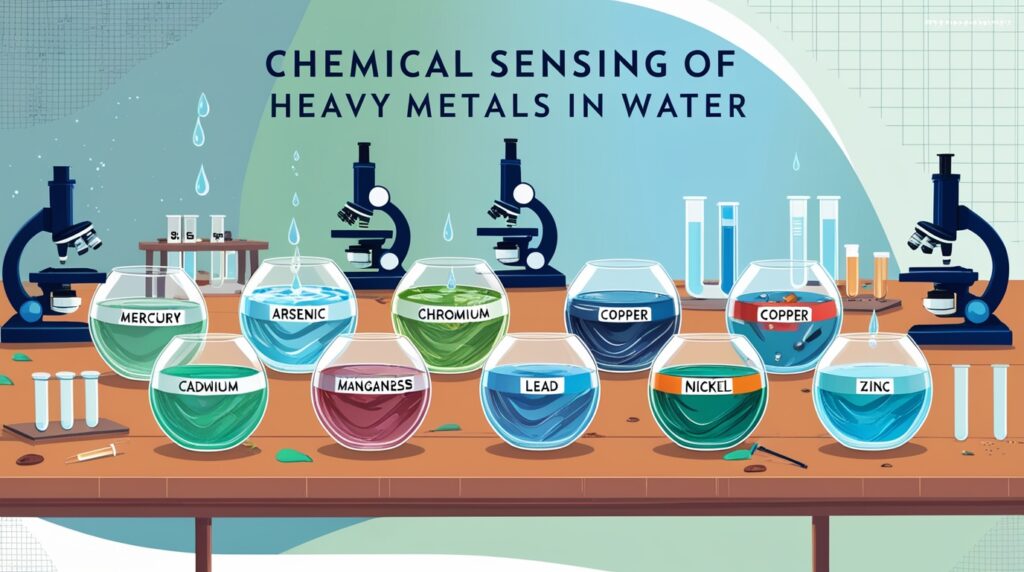Chemical Sensing of Heavy Metals In Water
Introduction Chemical sensing of heavy metals in water refers to the methods and technologies used to detect and quantify toxic heavy metals in water sources, crucial for safeguarding public health and environmental integrity. Heavy metals, such as mercury, arsenic, cadmium, and lead, can contaminate drinking water through industrial discharges, mining activities, and infrastructure degradation. Their presence poses significant health risks, even at low concentrations, and is linked to serious illnesses, including cancer and neurological disorders. The detection of heavy metals in water is notable due to the increasing global focus on water quality and safety, driven by stringent regulations such as the European Drinking Water Directive (DWD). As these standards evolve, […]
